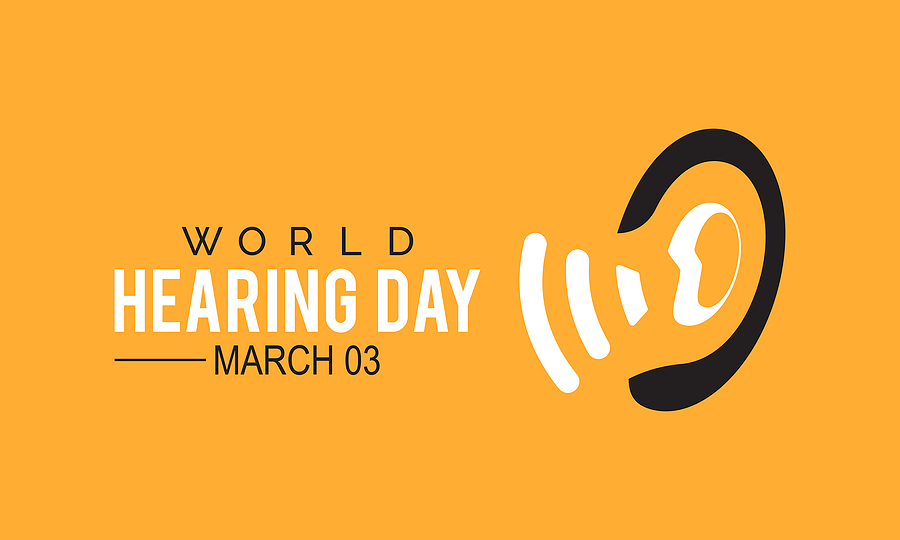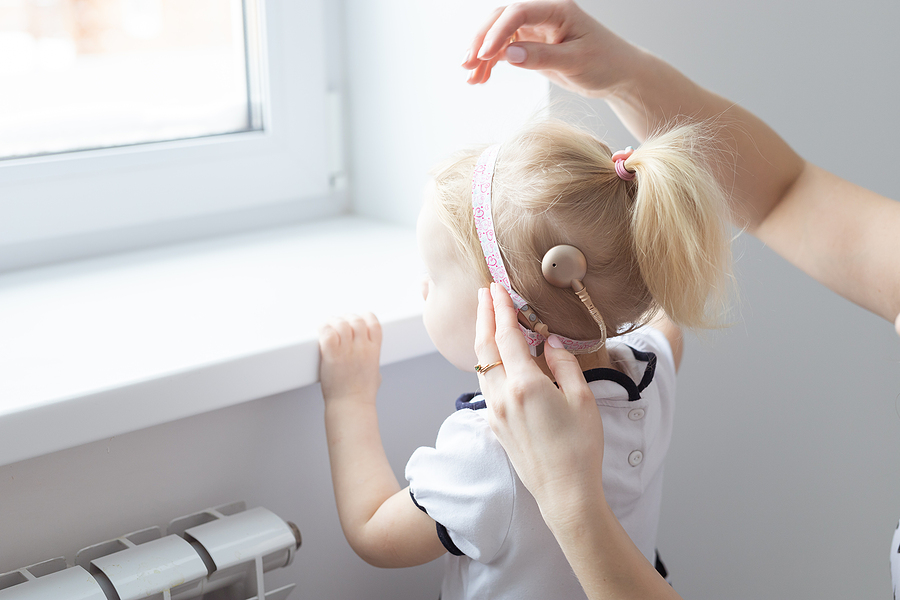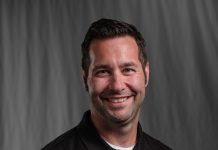
As a child of deaf parents, commonly referred to as CODA (child of deaf parents or guardians), Lanette Pinkard has been listening with care her whole life. Her upbringing inspired her vocation to create My Hands Your Heart, to make a difference in communication access for the Deaf Community and Cruise Interpreter Academy, a cruise ship industry-focused business that aims to assist ASL interpreters in improving their customer communication and service skills through the Academy.
“We teach interpreters how to keep excellence in their customer service,” said Pinkard. “We want the Deaf Community to feel valued as people and not dollar signs.”
My Hands Your Heart is planning to branch into other sectors to better the service to Deaf and Hard of hearing people everywhere, such as helping to add signing to movies rather than close captions.
In celebration of World Hearing Day on March 3rd, created to generate awareness of ear and hearing care around the world, Pinkard teaches us three important things to remember when interacting with the deaf.
Human Connection
Deaf people don’t want a ‘translator’ or ‘interpreter’, they want a connection. They don’t want to feel like they are a dollar signs. What they say matters, don’t speak for them by taking over the conversation, they speak well for themselves; connect with them to assist them in connecting with others that are inexperienced in speaking with deaf people. Communication is important for everyone.
Interpersonal skills are a missing link for a lot of interpreters and non-signing people — keep connection in mind when communicating with deaf people in the same way that you would when communicating with anyone else. Don’t treat them like they are any different or difficult.
Facial Expressions
Facial expressions and body language — it fosters that connection. Facial expressions and body language are more in the line of communication than just the words on your hands.
“Sign language interpreters are a beautiful asset, but if deaf people had their choice, they wouldn’t have a third party involved in life matters that requires interpreting,” said Pinkard. “We, as interpreters, need to be sensitive enough to be the customer service part. ASL Interpreters can put their hands in the air and sign, but those interpreters who are pursued most have a connection element. Using facial expressions to put emphasis in your communication, being professional yet personable, is what it’s all about.”
Equal Access
“I started a community sign language school before My Hands Your Heart because whenever I signed, people told me they wanted to learn how,” said Pinkard. “When I asked them why didn’t they learn, they told me that they didn’t necessarily have a college degree, they just wanted to learn enough to communicate with deaf people. I think learning sign language should be as common as learning to speak our native language. Why not, right? There are far more Deaf and Hard of hearing people in the world than we think.
Pinkard encourages us all to not leave out people just because they are deaf. Even if you don’t know how to sign, you can speak facing them, use facial expressions, and make motions that are universally understood. An example of this is when you mouth to your friend across the room in school to say you are tired, and put your hands under your tilted head to mimic sleeping. You can write notes and letters and send text messages if you want to communicate with a deaf person, and perhaps they can teach you some sign language too.
“Companies need to be more inclusive too,” said Pinkard. “Closed captions are not always as accessible as we think. My world is visual, I learned to sign before I could speak. Some people see better than read. Not all deaf people fit into this category but some prefer to see sign language rather than captions.”
It’s not rocket science. It’s human decency. It is a myth that Deaf people are ‘deaf and dumb’ there is no truth to that. On the contrary they are highly intelligent, friendly, loving people just like anyone else. They don’t want interpreters to alter their communication, we must interpret their message true and faithfully.
“I don’t want any professional interpreters, students, mentees or friends to aim to interpret solely as a means of earning an income, but to love the people we serve and respect their individual communication” said Pinkard.
Pinkard is almost 60, and she has been interpreting for the deaf for over 40 years and has completed over one hundred cruise interpreting assignments. She is one of the most highly regarded and sought-after interpreters in the cruise ship industry, but she wants to teach the younger generation and impart to other interpreters to be in high demand also. Her secret is bringing the customer service element that we all need — that real human connection — into her work. With My Hands Your Heart, we believe she can achieve her goals.
About P. Lanette Pinkard
Lanette Pinkard is the founder and CEO of My Hands Your Heart LLC and Cruise Interpreter Academy, an entrepreneurial organization that serves organizations and companies with certified American Sign Language (ASL) interpreters for Deaf and Hard of Hearing customers and guests. She has written five lifestyle inspiration books and has interpreted on over 100 cruises. For more information, visit https://myhandsyourheart.com/





